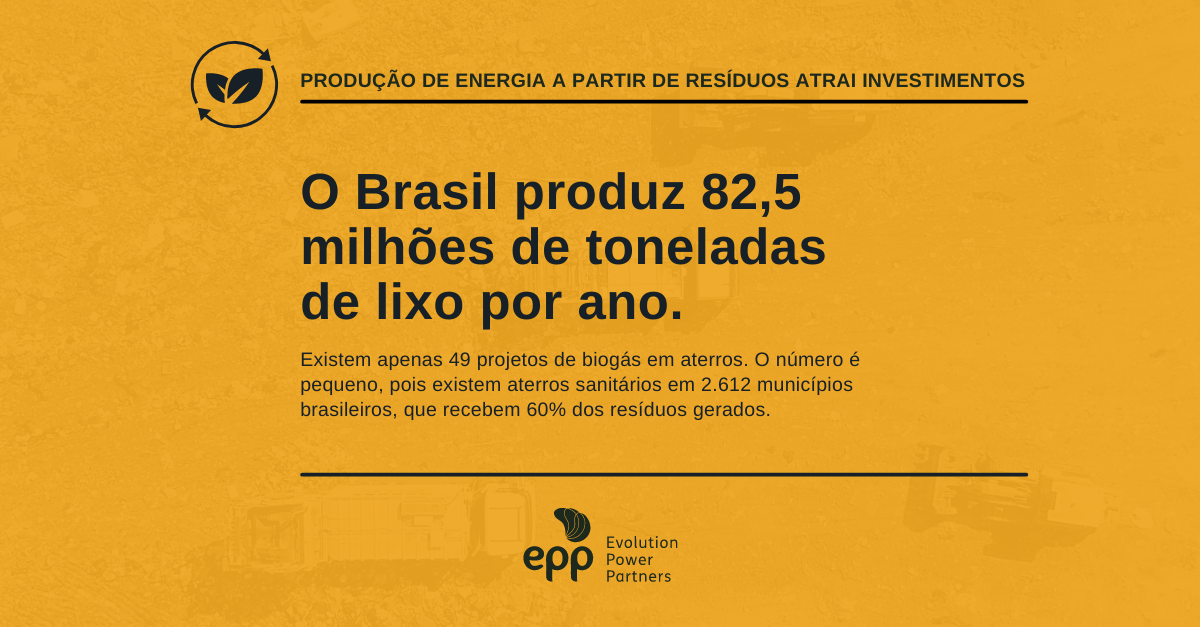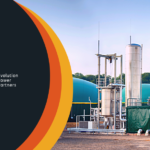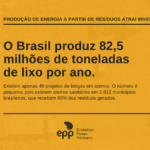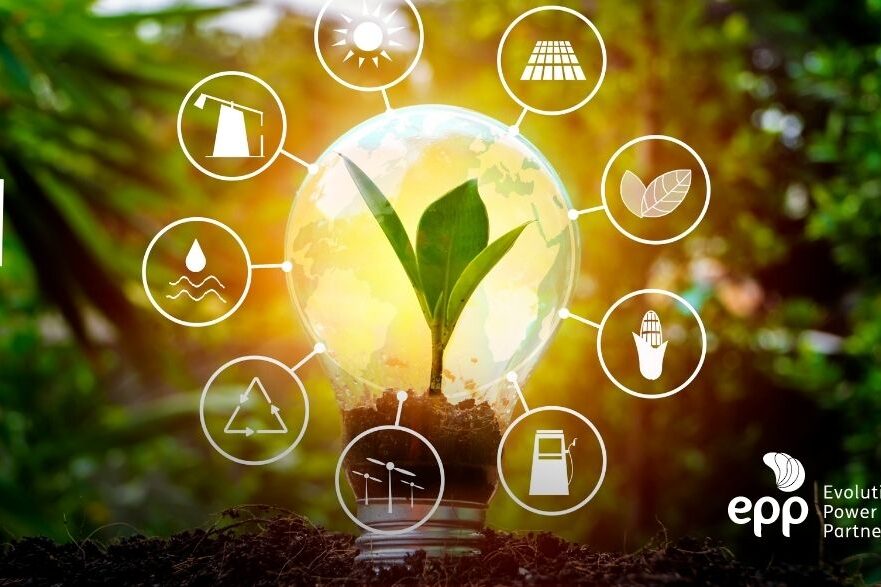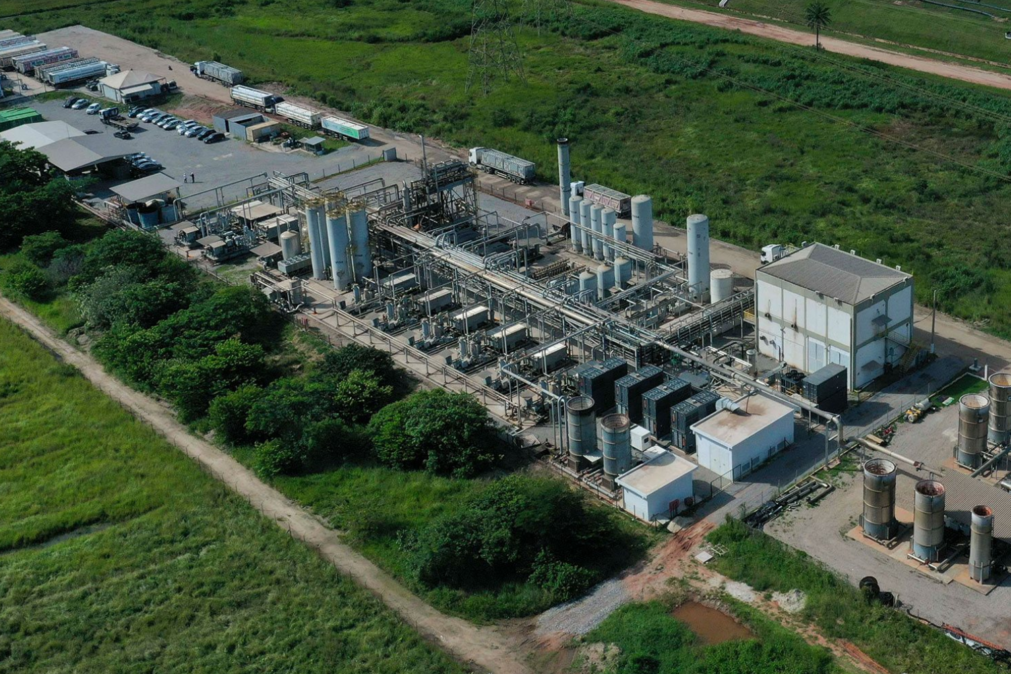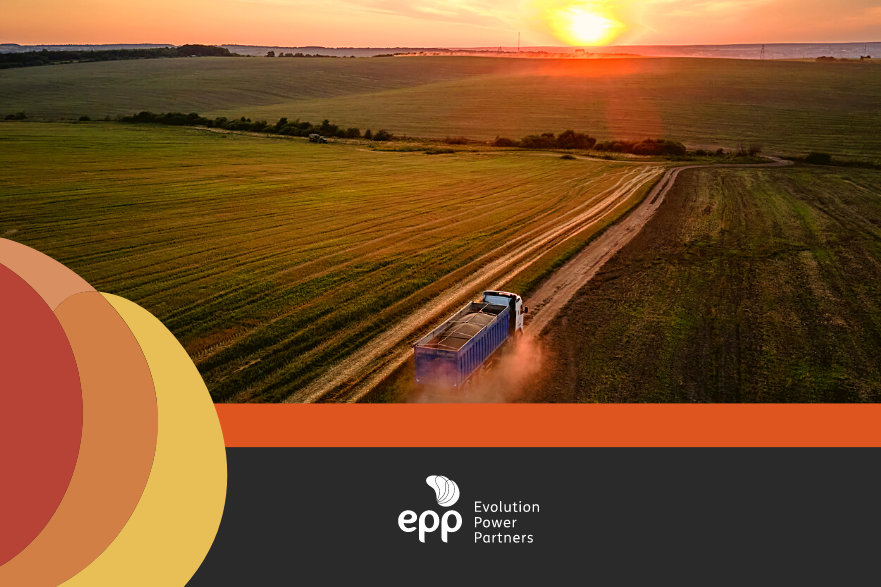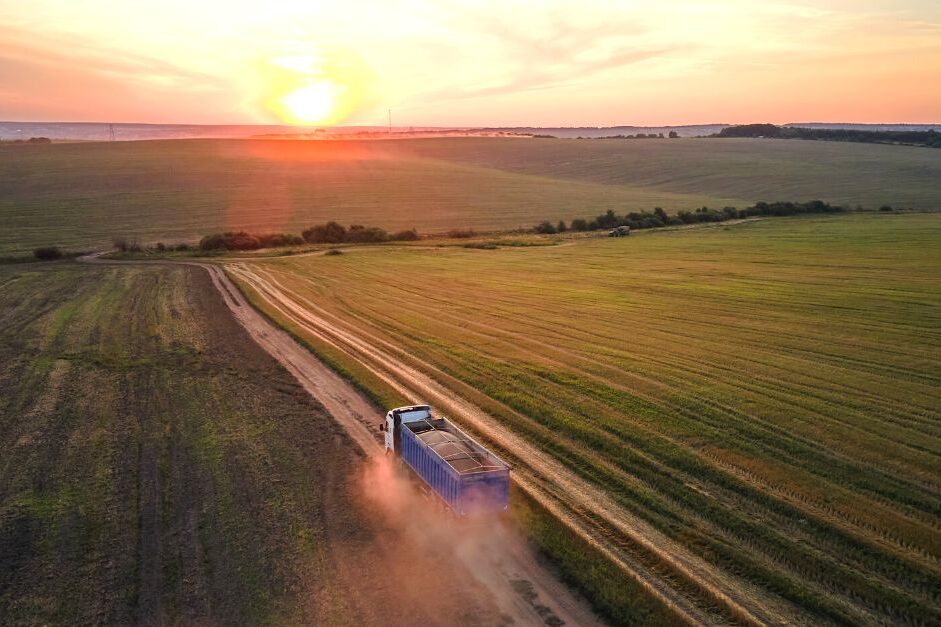The production of energy from waste has been growing in Brazil. Understand how the sector should attract investments beyond swine and MSW.
In recent years, energy production from waste has attracted investments. Although Brazil produces 82.5 million tons of waste per year, there are only 49 biogas projects in landfills. The number is small, as there are sanitary landfills in 2,612 Brazilian municipalities, which receive 60% of the waste generated.
The country is the fourth largest generator of solid waste in the world, according to the Brazilian Association of Public Cleaning and Special Waste Companies (Abrelpe), but investments and projects in the sector are still few compared to what the country could produce.
The development of the model in Brazil
In the country, there are already laws to improve waste disposal, such as the National Solid Waste Plan. The project was created to bring solutions for the waste generated with management alternatives, management of liabilities, goal plan and energy generation through biogas.
According to the plan, by 2040, the country will have to allocate 63.4% of waste to biogas recovery, enough to supply 9.5 million homes with electricity. In addition to the national plan, there are other incentives and laws being created.
In May 2022, the Senate Infrastructure Committee approved a bill that encourages the production of biogas, biomethane and electricity from landfill waste.
If approved, the creation of financing lines will be allowed to enable the execution of projects, in addition to allowing companies to receive tax, financial and credit incentives from the Union, states or municipalities. Now, the text goes to vote in the Environment Committee.
RenovaBio is another project that should attract investment. The national program intends to decarbonize the economy by issuing CBios with credits corresponding to 1 ton of carbon dioxide (CO2) less in the atmosphere and which have already been traded on B3, the Brazilian stock exchange, since the beginning of 2020. growth of RenovaBio, it is expected to increase ethanol production from 30 billion liters/year to 50 billion liters in 2050.
Possible ways to attract new investments
According to data from the Brazilian Biogas Association (Abiogás), the potential, in the next ten years, is for the production of up to 45 million cubic meters/day. The sugar-energy sector has the greatest growth potential, mainly because it already has a consolidated industry.
Thus, in addition to swine farming and MSW, palm oil, vinasse and corn can be used to produce biogas in the country. During the production of raw palm oil – a liquid by-product called POME (palm-oil mill effluent) is generated. This liquid is considered a contributor to climate change because of biogas, which has a lot of methane gas. The solution is to use these gases to produce energy.
With the right technology, it is possible for palm oil factories to use the biogas generated to produce electricity through gas turbines, for domestic consumption or for export.
Another way to expand biogas generation is through vinasse. This residue is generated from the production of fuel from sugarcane and can be used to generate electricity, in addition to fertilizer.
Each liter of ethanol generates 12 liters of vinasse as waste. Thus, in addition to the fertilizer to irrigate sugarcane fields, it is important that the methane gas is removed from the vinasse before returning to the crops, and the use for energy generation is one of the ways.
With the acquisition of Gás Verde, Urca Energia became the largest producer of biomethane in the country, a sustainable biofuel that contributes to the preservation of the environment and has great potential to transform the energy matrix of Brazilian companies.
Biomethane is the ideal solution for your ESG (Environmental, Social and Governance, in Portuguese) strategy, as it is produced from landfill biogas and undergoes treatment and purification until it reaches the final form of a purified gas, green and clean.
EVA Energia operates in the distributed generation of renewable energy for companies of different sizes, offering sustainable solutions.
Committed to the environment, EVA generates energy from its own biogas plants from sanitary landfills and swine farming. Together, they add up to about 20MW of installed capacity and also contribute to the circular economy, while generating savings in companies’ electricity bills.
Therefore, it is certain that Brazil needs to take advantage of this immense potential and attract investment, and the best way to do this is in a structured way. If you are interested and want to develop projects, please contact us.
